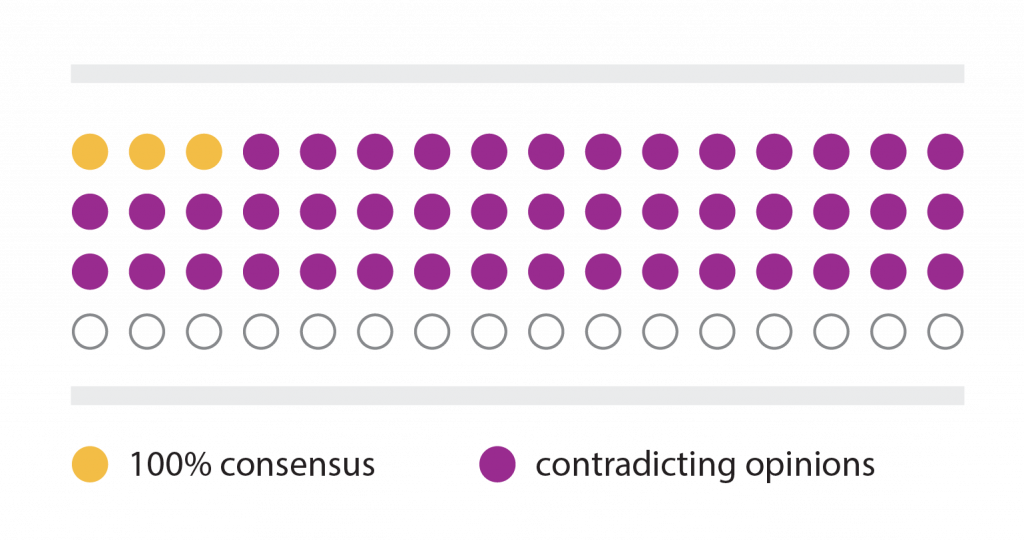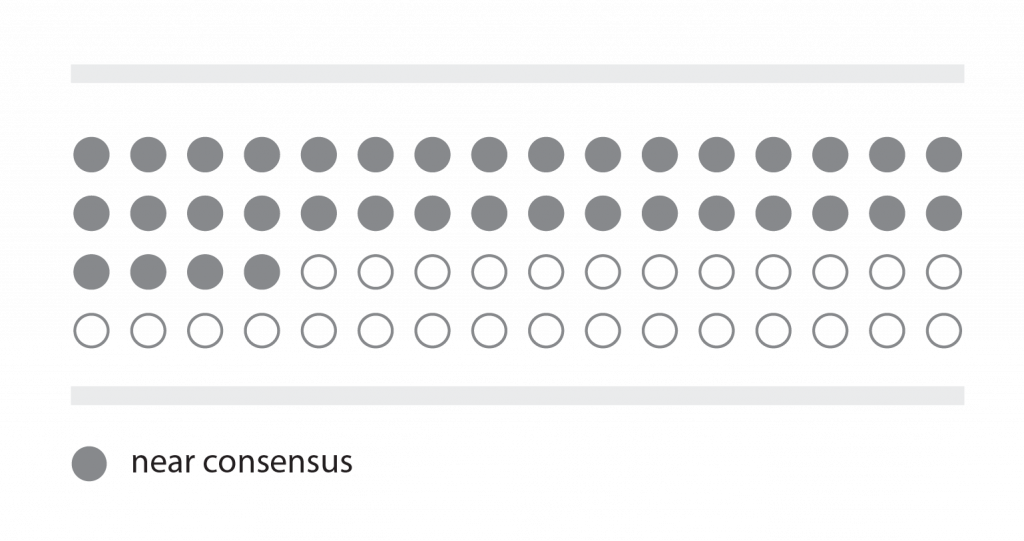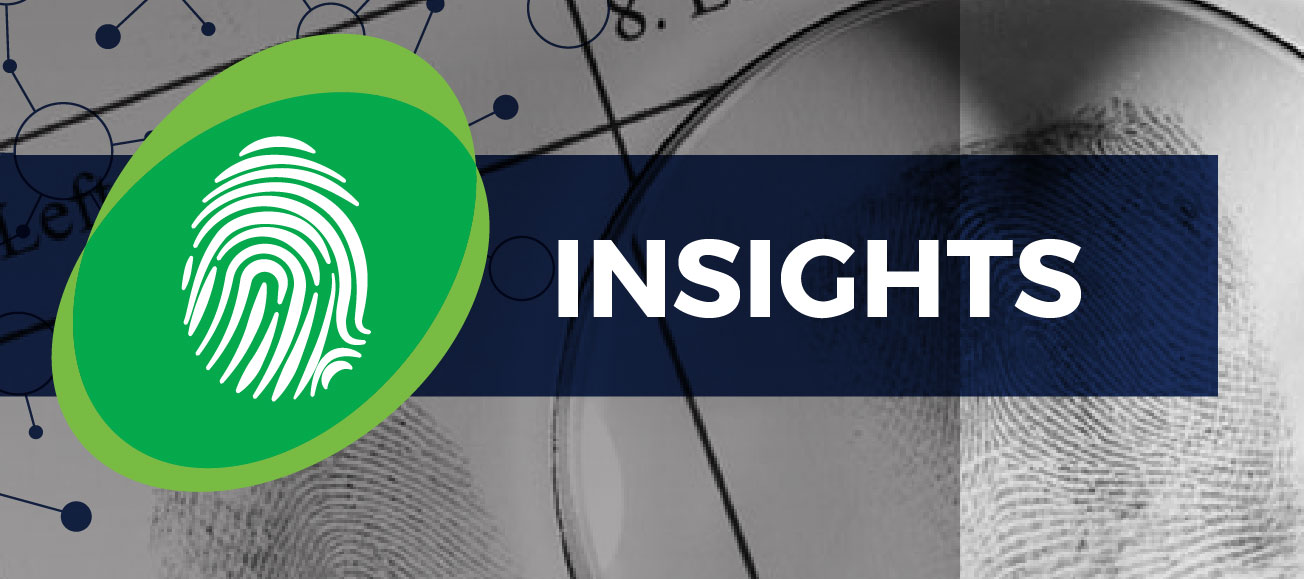
INSIGHT
What do Forensic Analysts Consider Relevant to their Decision Making?
OVERVIEW
Forensic analysts make critical judgments that can play a crucial role in criminal investigations, so it is important that their decisions are as objective as possible. However, they often receive information that may not be relevant to their work and can subconsciously bias their analyses.
Researchers surveyed analysts from multiple forensic disciplines to see what information they consider relevant to their tasks.
Lead Researchers
Brett O. Gardner
Sharon Kelley
Daniel C. Murrie
Itiel E. Dror
Journal
Science and Justice
Publication Date
September 2019
Publication Number
IN 101 IMPL
Goals
1
Discover what information analysts consider relevant
2
Evaluate whether there is a general consensus across disciplines
3
Determine if these opinions match the National Commission of Forensic Science’s definition of task-relevance
The Study
The National Commission of Forensic Science (NCFS) defines task-relevant information as:
“Necessary for drawing conclusions: 1) about the propositions in question, 2) from the physical evidence that has been designated for examination, [and] 3) through the correct application of an accepted analytic method by a competent analyst.”
The team surveyed 183 forensic analysts among four primary forensic disciplines: Biology, Pattern Evidence, Chemistry, and Crime Scene Investigation. The survey contained 16 different types of information regarding either a case, suspect, or victim.
The analysts categorized the importance of each type of information to their specific tasks, labeling them as either:
Essential
Irrelevant
Would Review If Available
Results
1
Among four forensic science disciplines and 16 types of information (resulting in 64 total ratings for task-relevance), the analysts only reached 100% consensus three times. In fact, in 45 of 64 items, opinions between analysts directly contradicted each other.
2
However, in 36 ratings, the analysts reached a near-consensus where over 75% agreed. Pattern evidence analysts had the highest rate of consensus and crime scene investigators had the most disagreement.
3
Most analysts, apart from crime scene investigators, agreed that personal information regarding a suspect or victim was irrelevant to their tasks. This is consistent with the NCFS’s guidelines for task relevance.
4
The opinions of crime scene investigators were distinct from the other disciplines, as their task is to gather information rather than analyze it.
Focus on the future
While the survey contains which types of information the analysts consider relevant, it does not explain why they made these decisions.
It is important to remember that people do not always know the full reasoning behind their decision making.
Even within the same forensic disciplines, different laboratories may not have the same guidelines for what they consider relevant.
The forensic disciplines must reach a general consensus on what information is task-relevant.
Learn More
Explore relevant publications:








